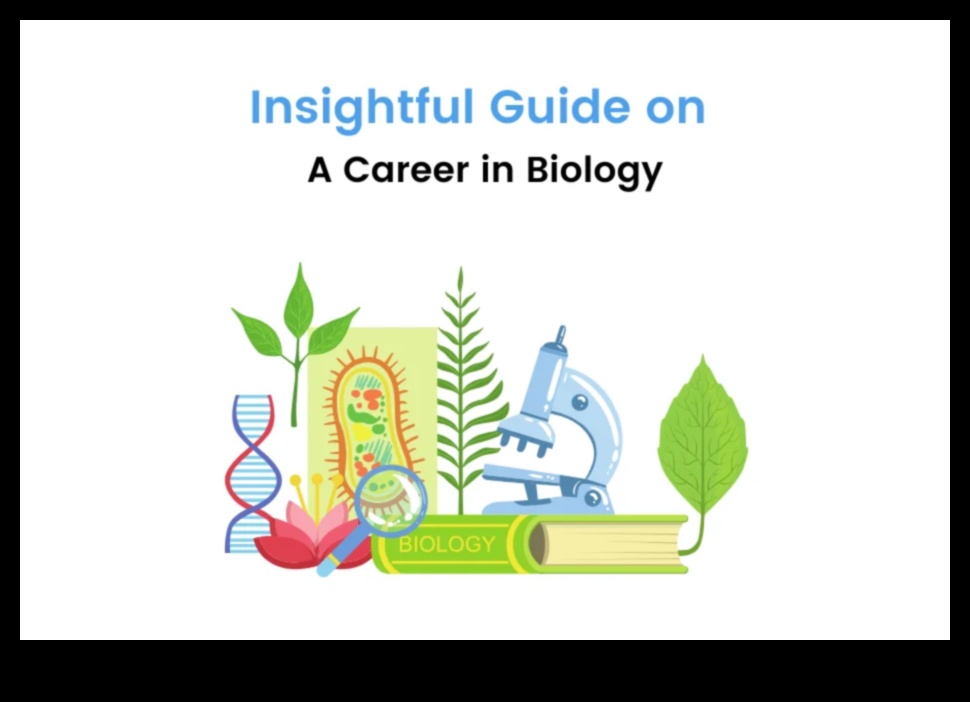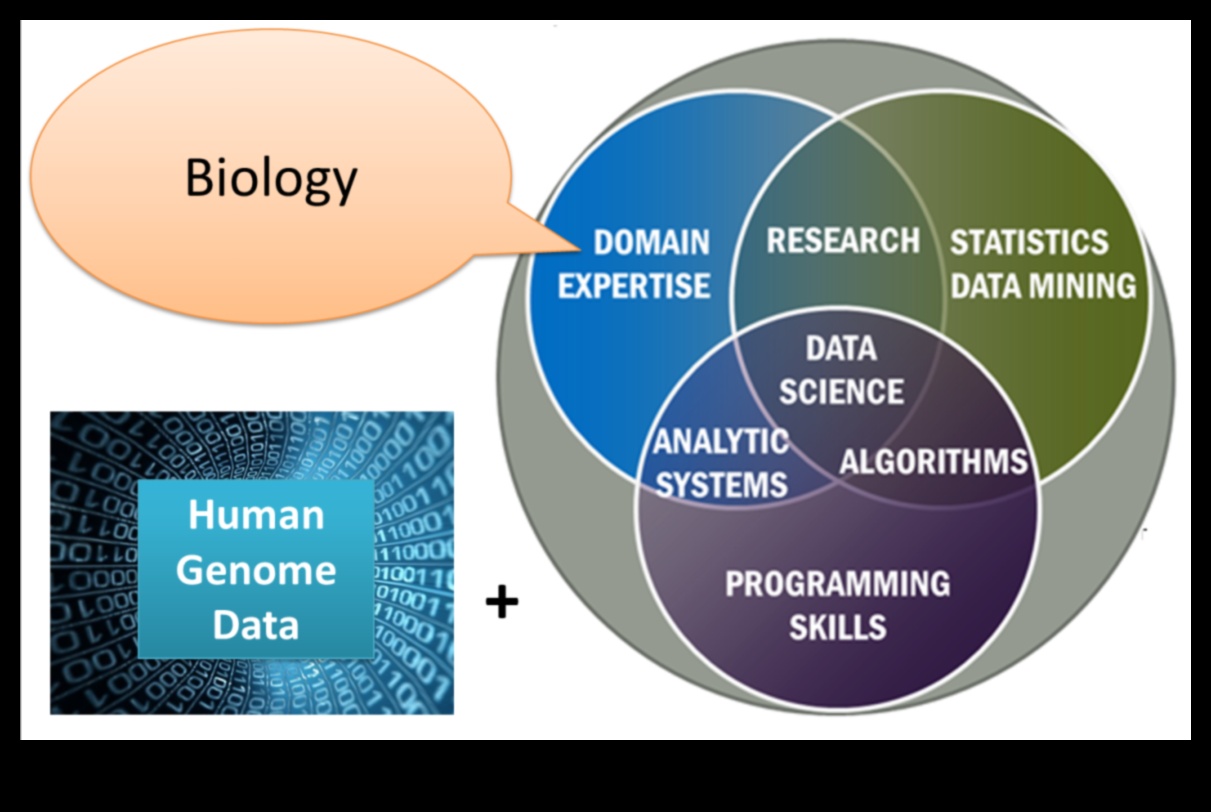
I. Introduction
II. Types of Biology Careers
III. Education and Training Requirements
IV. Salary and Job Outlook
V. Top Biology Careers
VI. How to Get a Biology Job
VII. Tips for Success in a Biology Career
VIII. Challenges of a Biology Career
IX. Future of Biology Careers
X. FAQ
| Topic | Features |
|---|---|
| Biology jobs | – Research scientist |
| Careers in biology | – Medical technologist |
| Biology degree | – Bachelor of Science in Biology |
| Biology career | – Environmental scientist |
| Biology major | – High school diploma or equivalent |

II. Types of Biology Careers
There are many different types of biology careers available, depending on your interests and qualifications. Some of the most common biology careers include:
- Biomedical Scientist
- Environmental Scientist
- Forensic Scientist
- Geneticist
- Marine Biologist
- Medical Scientist
- Pharmacologist
- Zoologist
These are just a few examples of the many different biology careers that are available. For more information on specific biology careers, you can visit the following websites:
II. Types of Biology Careers
There are a wide variety of biology careers available, from research to education to healthcare. Some of the most common types of biology careers include:
- Biomedical engineer
- Bioinformatician
- Biomedical scientist
- Clinical laboratory scientist
- Environmental scientist
- Forensic scientist
- Genetic counselor
- Microbiologist
- Pharmacologist
- Zoologist
These are just a few examples of the many different types of biology careers that are available. With a biology degree, you can find a career that is both challenging and rewarding.

IV. Salary and Job Outlook
The median annual salary for biologists was $67,090 in May 2020. The top 10% of earners made more than $107,700, while the bottom 10% made less than $41,180.
The job outlook for biologists is expected to grow by 7% from 2020 to 2030, faster than the average for all occupations. This growth is expected to be driven by the increasing demand for biologists in a variety of industries, including healthcare, agriculture, and environmental science.
Biologists can find jobs in a variety of settings, including:
- Research and development
- Government agencies
- Educational institutions
- Healthcare organizations
- Environmental consulting firms
To be successful in a biology career, it is important to have a strong foundation in the biological sciences. Biology majors should take courses in cell biology, genetics, molecular biology, ecology, and evolution. They should also gain experience in research through internships and laboratory work.
Biologists who want to advance in their careers may need to earn a master’s or doctoral degree. A master’s degree in biology can prepare graduates for careers in research, teaching, and consulting. A doctoral degree in biology can prepare graduates for careers in academia, research, and government.

V. Top Biology Careers
Here are some of the top biology careers, along with the median annual salary for each job:
* Biomedical Engineer: $91,530
* Bioinformatician: $86,510
* Environmental Scientist: $74,520
* Geneticist: $86,450
* Microbiologist: $73,920
* Pharmacologist: $106,470
* Physician Assistant: $105,910
* Research Scientist: $83,340
* Veterinarian: $94,460
These are just a few of the many biology careers that are available. With a biology degree, you can find a job in a variety of fields, including healthcare, research, and environmental science.

VI. How to Get a Biology Job
Getting a job in biology can be challenging, but it is definitely possible. Here are a few tips to help you on your journey:
- Start by doing your research. What kind of jobs are you interested in? What are the qualifications for those jobs? Where are the jobs located?
- Network with people in your field. Attend industry events, join professional organizations, and connect with people on LinkedIn.
- Get involved in extracurricular activities. Volunteer for a science organization, or get involved in a research project. This will help you build your skills and experience, and it will also give you the opportunity to network with people in your field.
- Build your resume and portfolio. Make sure your resume highlights your skills and experience, and that your portfolio showcases your work.
- Practice your interviewing skills. Interviewing for a job in biology can be tough, but there are a few things you can do to prepare. Practice answering common interview questions, and make sure you have a good understanding of the job you’re applying for.
- Don’t give up. Getting a job in biology can take time, but if you’re persistent and you’re willing to work hard, you will eventually find a job that’s a good fit for you.
- Get a strong foundation in the sciences. Biology is a field that is constantly evolving, so it is important to have a strong foundation in the sciences in order to keep up with the latest research. This means taking rigorous courses in biology, chemistry, physics, and math.
- Develop your research skills. In addition to your coursework, you should also get involved in research. This will give you the opportunity to work on real-world problems and learn how to conduct scientific research.
- Network with other professionals. Attend conferences, workshops, and other professional events to meet other biologists and learn about the latest trends in the field.
- Get involved in your community. Volunteer your time at a local science museum or nature center. This will help you to give back to your community and learn more about the field of biology.
- Stay up-to-date on the latest research. Read journals, attend conferences, and follow the latest news in the field of biology. This will help you to stay informed about the latest trends and developments.
- Pursue continuing education. As your career progresses, you will need to continue your education in order to stay up-to-date on the latest research. This can be done through taking courses, attending workshops, or getting involved in professional development programs.
- The high cost of education
- The competitive job market
- The need for constant continuing education
- The potential for job burnout
- The increasing demand for healthcare professionals.
- The growing need for environmental protection.
- The development of new technologies, such as gene editing and artificial intelligence.
- The increasing awareness of the importance of sustainability.
- Research scientist
- Medical scientist
- Environmental scientist
- Forensic scientist
- Biomedical engineer
VII. Tips for Success in a Biology Career
Here are some tips for success in a biology career:
By following these tips, you can increase your chances of success in a biology career.
Challenges of a Biology Career
There are a number of challenges that can be faced by people who pursue a career in biology. These include:
Despite these challenges, a career in biology can be rewarding and fulfilling. It offers the opportunity to work on important research projects, make a difference in the world, and earn a good salary.
IX. Future of Biology Careers
The future of biology careers is bright. The field is growing rapidly, and there are a number of exciting new opportunities for biology graduates.
Here are some of the trends that are expected to drive the growth of biology careers in the coming years:
These trends are creating a need for biology graduates who have a strong understanding of the scientific principles underlying these fields, as well as the ability to apply these principles to solve real-world problems.
Biology graduates who are prepared for these challenges will be well-positioned for success in the future. They will have the opportunity to make a positive impact on the world, and to help to create a more sustainable future.
X. FAQ
Q: What are the different types of biology careers?
A: There are many different types of biology careers, including:
Q: What education and training do I need to get a biology career?
A: A bachelor’s degree in biology is the minimum requirement for most biology careers. However, some jobs may require a master’s degree or a Ph.D. in biology.
Q: What is the salary for biology careers?
A: The median salary for biology careers is \$65,000 per year. However, salaries can vary depending on the type of job, the level of education, and the location.